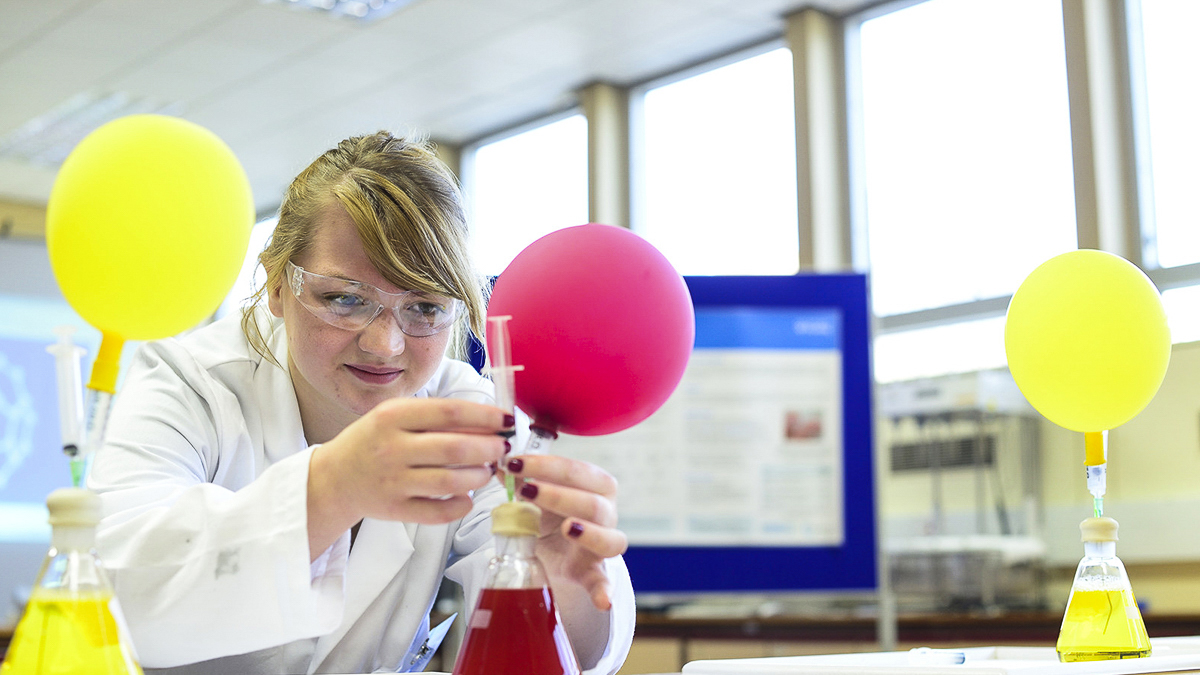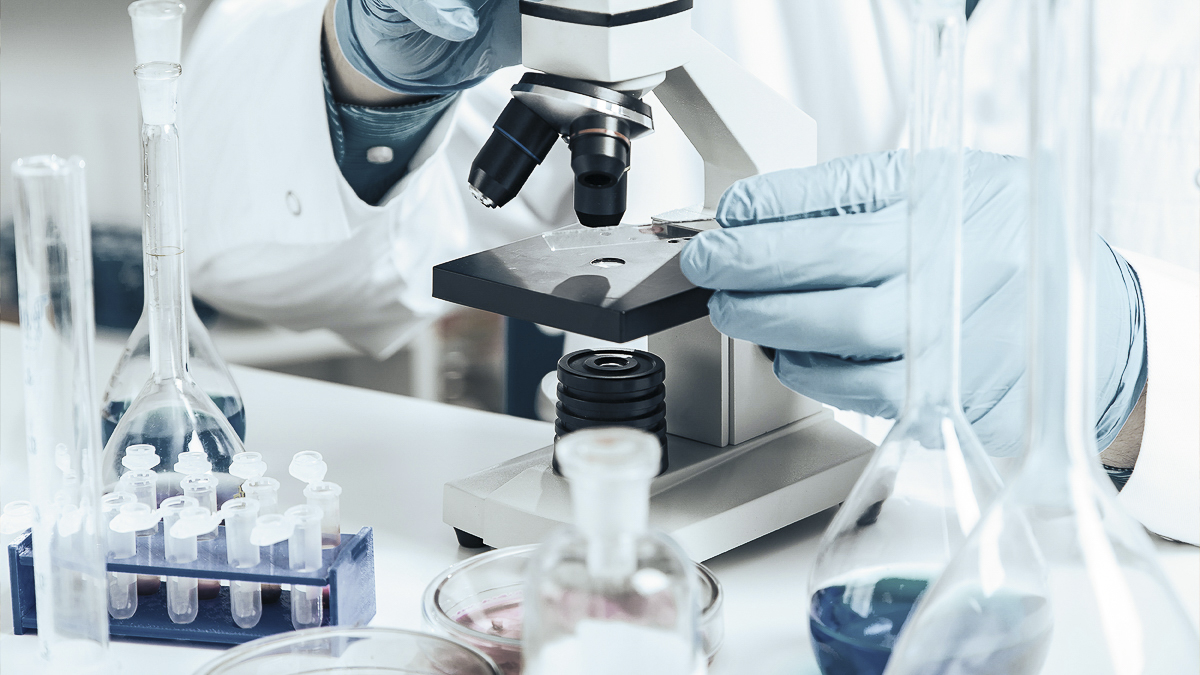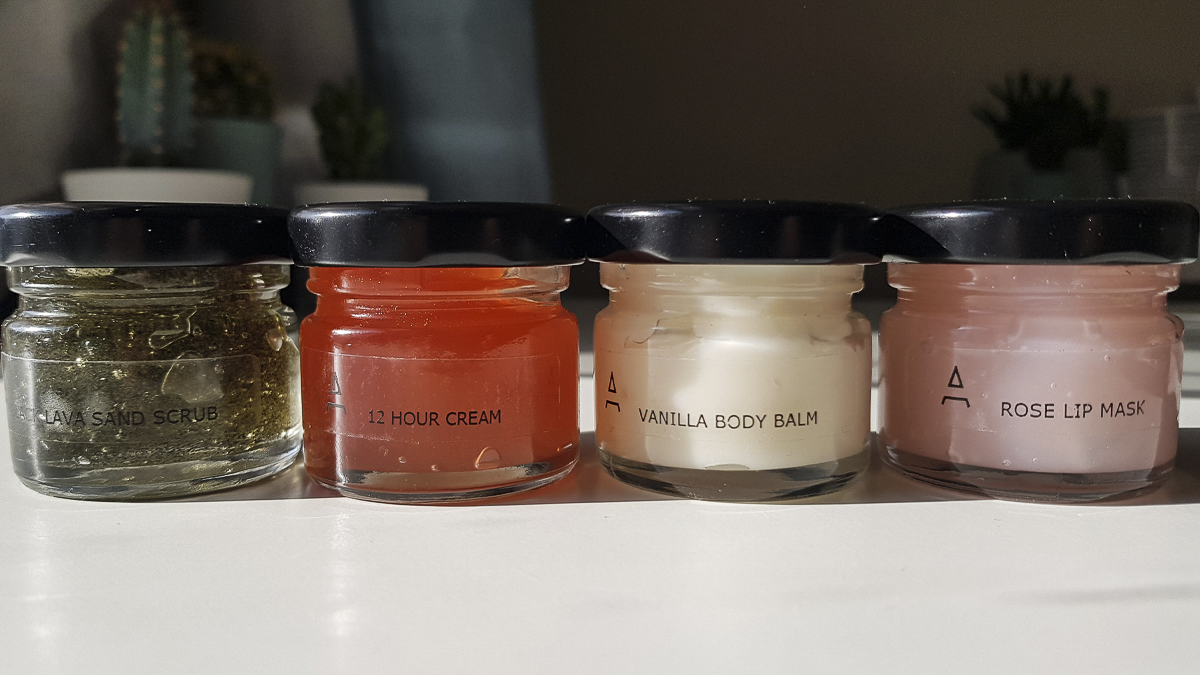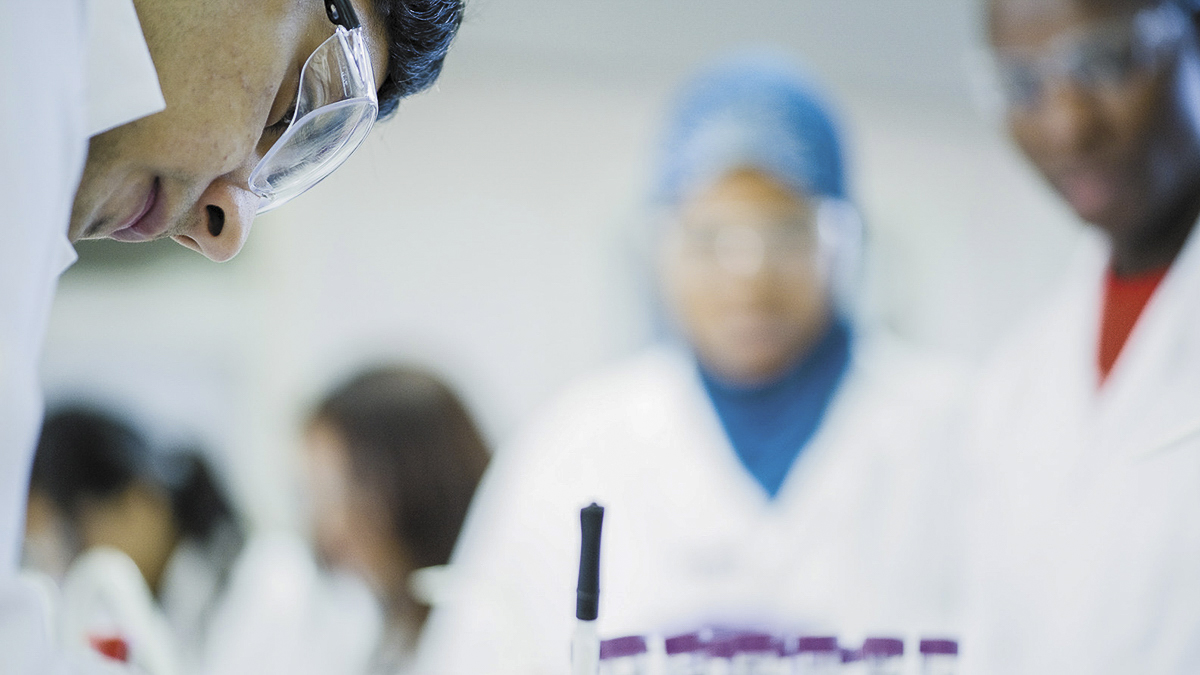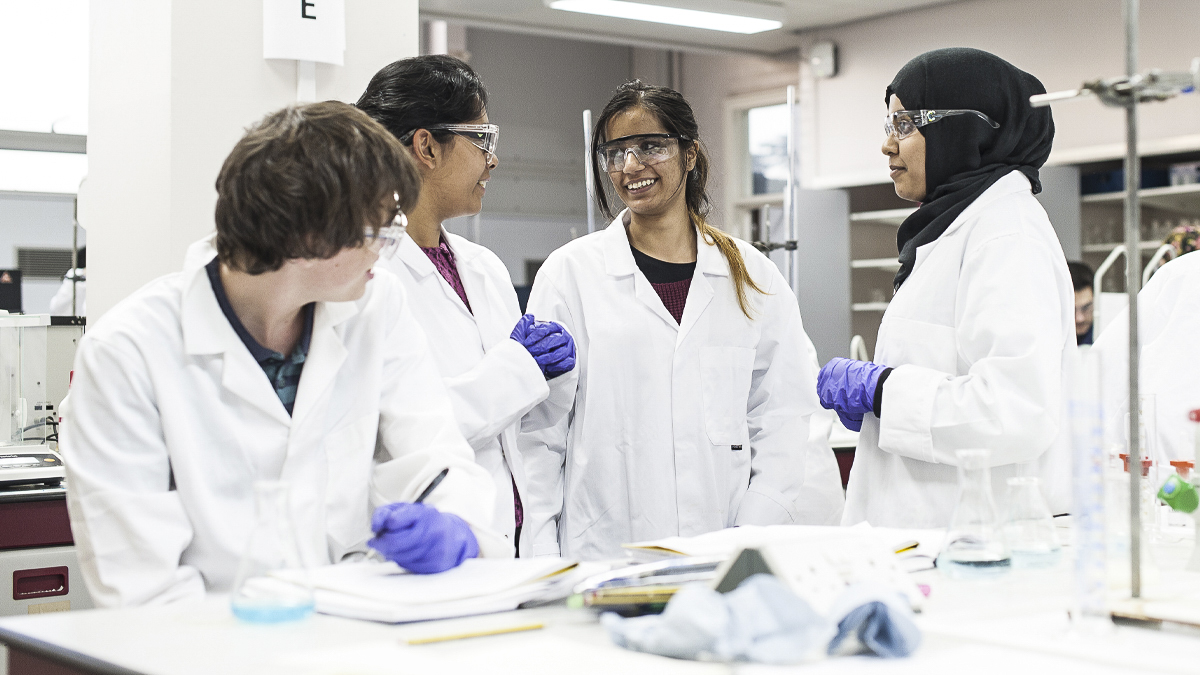
Our award-winning staff have expertise across a broad range of areas. They use their research to inform their teaching, making your learning experience relevant to industry.
You'll learn through practical lab sessions, lectures, tutorials and workshops, placements, and research projects to develop skills that are highly valued by employers in the sector.
